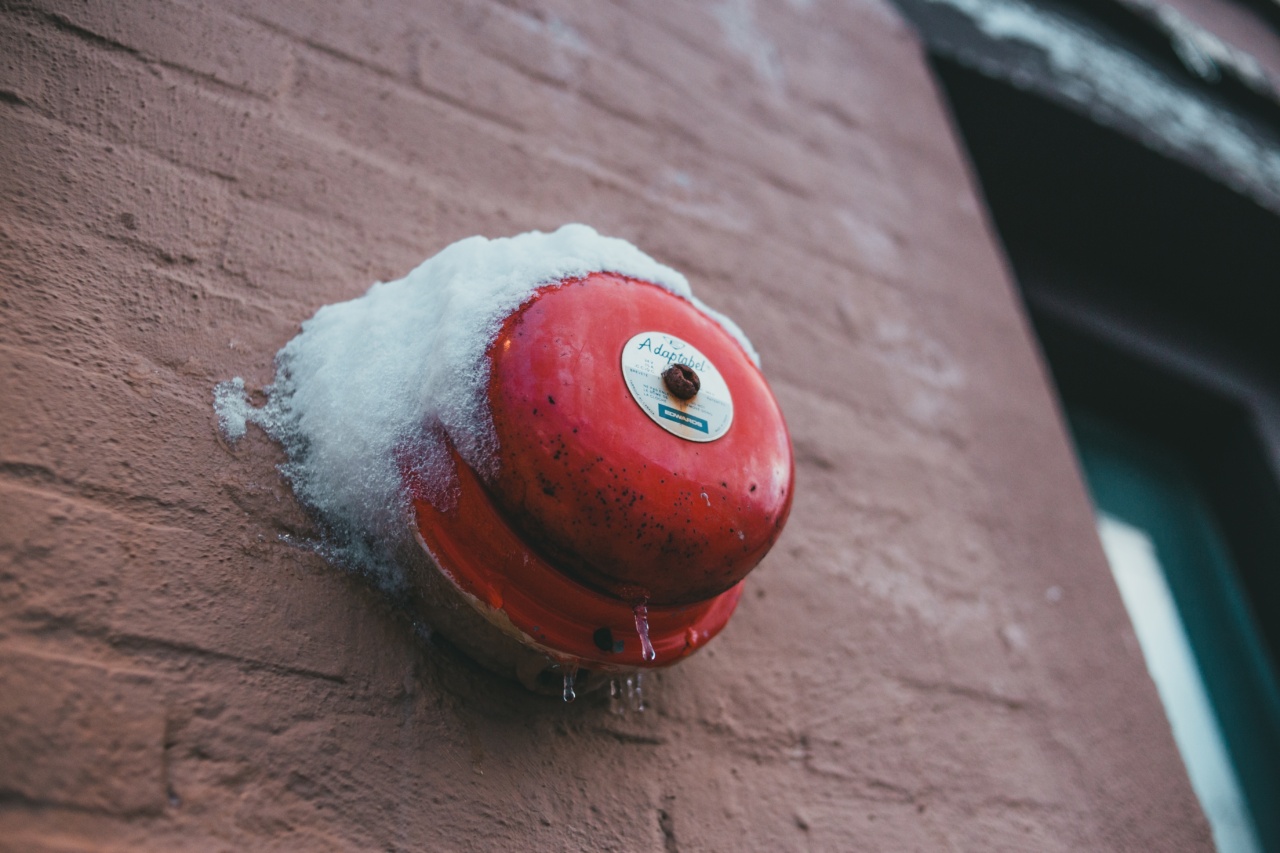As the temperature drops and winter approaches, it’s not just the holiday season that arrives. Unfortunately, it’s also the season for winter colds and flu.
The colder weather, combined with spending more time indoors, increases the likelihood of contracting and spreading viruses. However, there are various measures you can take to protect yourself and reduce the risk of catching a winter cold. This article will provide you with valuable tips and information on how to stay healthy during the cold winter months.
1. Wash Your Hands Frequently
One of the simplest yet most effective ways to protect yourself from winter colds is to wash your hands regularly.
Viruses that cause colds can linger on surfaces for hours, so washing your hands with soap and water for at least 20 seconds can eliminate them. Make sure to pay attention to areas such as between your fingers and under your nails. If soap and water are not available, use an alcohol-based hand sanitizer.
2. Keep Your Distance from Sick Individuals
It’s important to maintain some distance from people who already have a cold or flu, as these viruses are primarily spread through tiny infected droplets that are released when someone coughs or sneezes.
Try to avoid close contact with sick individuals and maintain a distance of at least six feet. If you’re the one who is sick, be responsible and stay home to prevent the virus from spreading.
3. Boost Your Immunity with a Balanced Diet
Eating a nutritious and balanced diet can help strengthen your immune system, making you less susceptible to winter colds.
Incorporate plenty of fruits and vegetables into your meals, as they are rich in vitamins and antioxidants that support immune function. Foods high in vitamin C, such as citrus fruits and berries, are particularly beneficial. Additionally, include sources of lean protein, whole grains, and healthy fats in your diet.
4. Stay Hydrated
It’s essential to stay hydrated even during the colder months.
Drinking an adequate amount of water helps to keep your respiratory system functioning properly and aids in the production of mucus, which helps trap germs and prevent them from entering your body. Avoid excessive consumption of sugary or caffeinated beverages, as they can dehydrate you.
5. Get Sufficient Sleep
Adequate sleep is crucial for maintaining a strong immune system. While you sleep, your body restores and repairs itself, which helps in fighting off viruses and infections. Aim for 7-8 hours of quality sleep each night.
Establishing a regular sleep routine and ensuring your sleeping environment is comfortable can greatly contribute to your overall health during the winter season.
6. Exercise Regularly
Engaging in regular physical activity has numerous health benefits, including boosting your immune system. Exercise helps increase the circulation of immune cells in your body, making it harder for viruses to take hold.
Bundle up and head outdoors for a walk or try indoor workouts if freezing temperatures make it difficult to exercise outside.
7. Keep Your Home Clean
Keeping your living space clean and disinfected is essential for preventing the spread of winter cold viruses. Regularly sanitize frequently touched surfaces, such as doorknobs, light switches, and countertops.
Use disinfectant sprays or wipes to kill any lingering germs.
8. Cover Your Nose and Mouth
Whenever you cough or sneeze, be sure to cover your nose and mouth with a tissue or your elbow, rather than your hands. This prevents the spread of respiratory droplets that may contain the virus.
Make sure to dispose of used tissues properly and wash your hands immediately afterward.
9. Stay Warm and Dress Appropriately
Dressing appropriately for the colder weather is crucial for protecting yourself from winter colds. Layer your clothing to trap body heat and keep yourself warm.
Wear a hat and gloves to prevent heat loss from your head and hands, as these areas are more susceptible to cold temperatures. Additionally, protect your feet with warm socks and waterproof boots to keep them dry and prevent frostbite.
10. Consider Getting a Flu Vaccine
Receiving an annual flu vaccine is one of the most effective ways to prevent getting the flu, which can significantly reduce your chances of getting a winter cold.
Consult your healthcare provider to determine if getting the flu vaccine is suitable for you.































